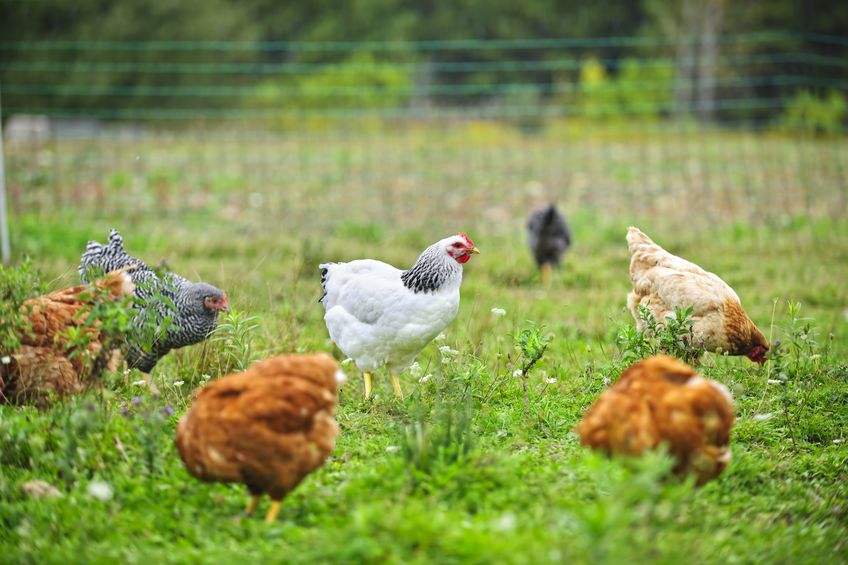
Escaping the rat race and living on a smallholding is the lifestyle dream of almost half the population (47%) of the UK, a new survey highlights.
For most of the people wanting to become smallholders, the main reasons are: living more sustainably or becoming self-sufficient (58%); having a healthy life style (54%); a great way to spend retirement (50%); and the opportunity to live in the countryside.
Other reasons for wanting a smallholder lifestyle include: a better way of life for my family (39%); returning to countryside roots (27%) and being able to combine their profession while running a smallholding (16%).
When it comes to turning their dreams into reality, 44% say they are unable to make their dreams come true because of the high costs involved in buying and setting up a smallholding.
Realising that running their own piece of land can be tough, respondents say they would be deterred from that lifestyle because of: workload (22%); pressure dividing time between smallholding and family life (21%); having to learn new skills (20%).
These warnings are confirmed by existing smallholders, with only 24% reporting that their land generates an income.
NFU Mutual, who conducted the survey, estimates there are approximately 45,000 smallholdings across the UK, ranging in size up to around 12 acres.
Smallholders with up to five acres tend to focus on growing fruit and vegetables, rearing poultry, keeping a horse or two and maintaining a piece of woodland.
Those with 5-10 acres tend to have more grassland for grazing livestock while smallholdings of 11 acres plus often run flocks of sheep, a few cattle, or a large vegetable growing area including polytunnels.
The survey follows research which suggests that children raised on farms and in the rural environment grow up to have more stress-resilient immune systems and have a lower risk to mental illness.
